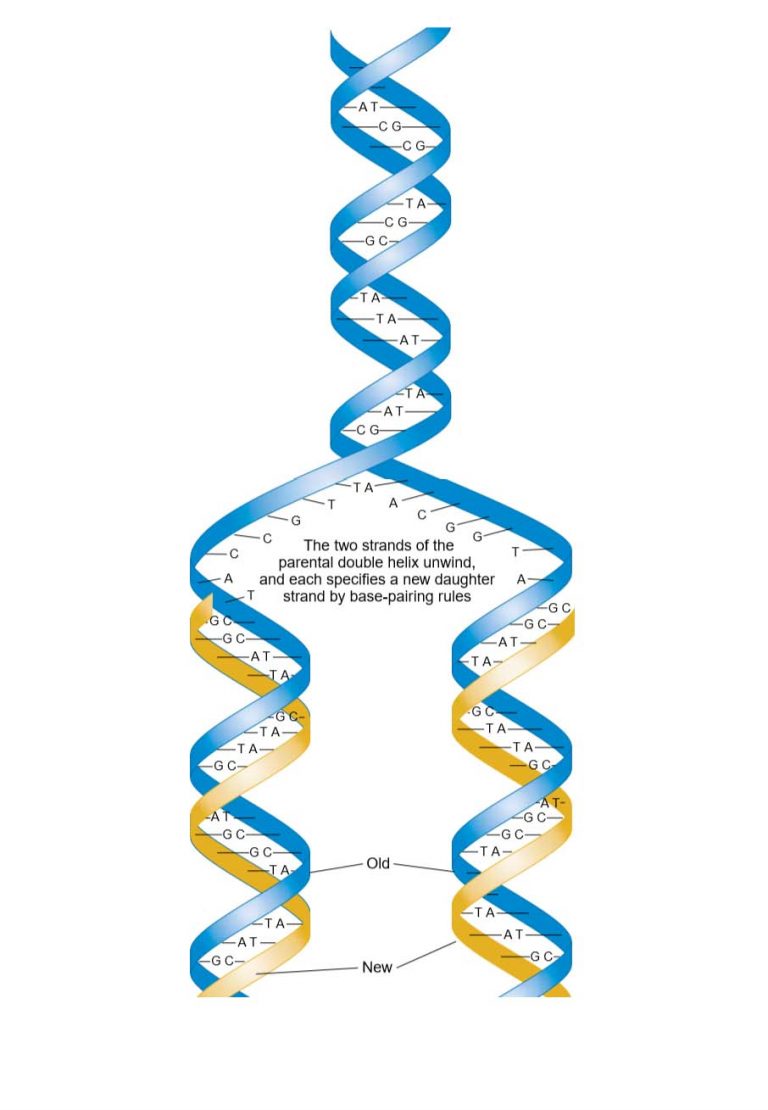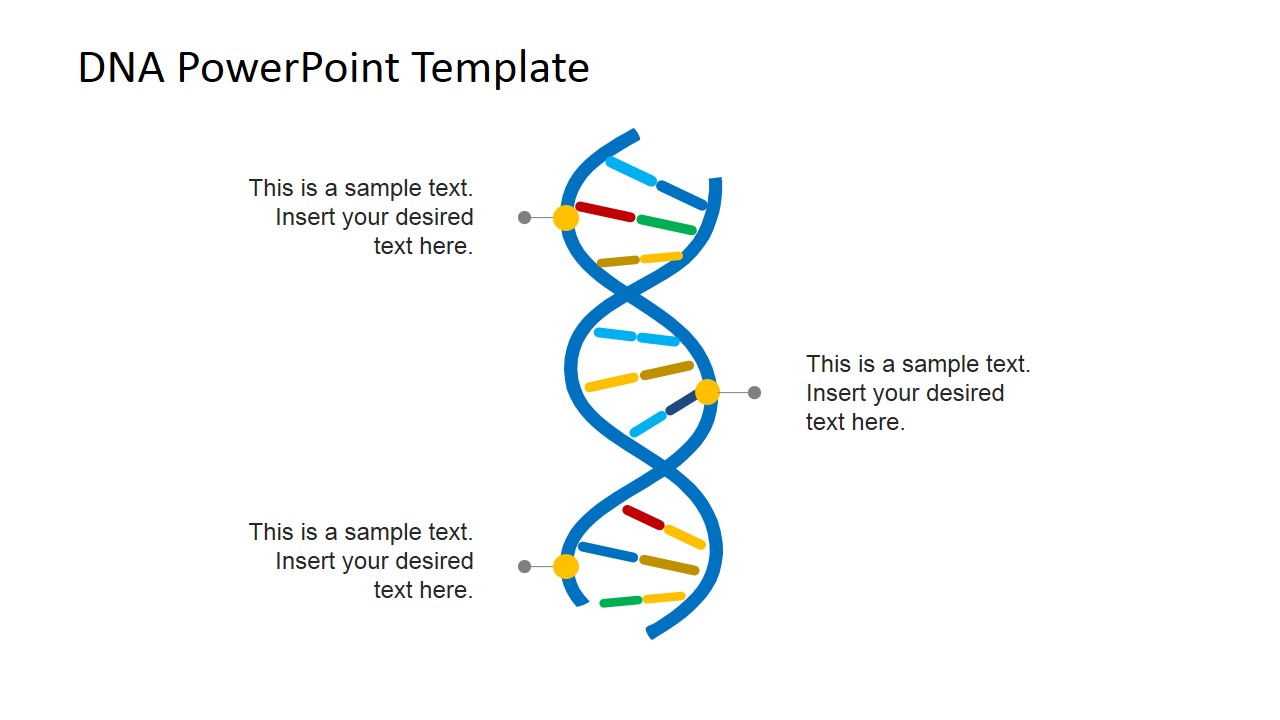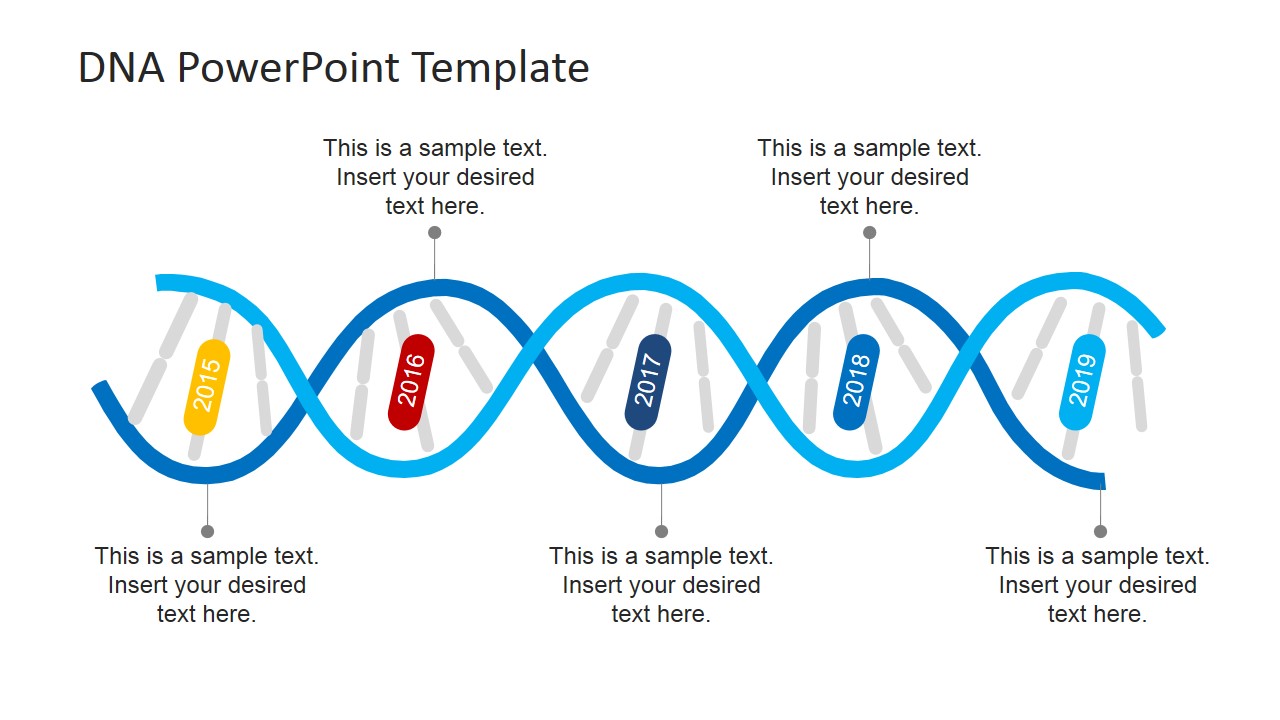Template Strand In Dna
Template Strand In Dna - Dna replication occurs through the help of several enzymes. Web a template strand is the term that refers to the strand used by dna polymerase or rna polymerase to attach complementary bases during dna replication or rna transcription,. The coding strand determines the correct nucleotide sequence of mrna. Web each strand of dna acts as a template for synthesis of a new, complementary strand. When referring to dna transcription, the coding strand (or informational strand ) is the dna strand whose base sequence is identical to the base sequence of the rna transcript produced (although with thymine replaced by uracil). Web dna polymerase can now extend this rna primer, adding nucleotides one by one that are complementary to the template strand (figure \(\pageindex{1}\)). Web for a cell to use this information, one strand of the dna serves as a template for the synthesis of a complementary strand of rna. This template strand is called the noncoding strand. A dna template strand generally refers to the strand which is used by the enzyme dna polymerases. (genetics) the noncoding strand of a dna molecule that is used as a template for rna synthesis. Web a template strand is the term that refers to the strand used by dna polymerase or rna polymerase to attach complementary bases during dna replication. Web a template strand is the term that refers to the strand used by dna polymerase or rna polymerase to attach complementary bases during dna replication or rna transcription,. New dna is made by. Web dna polymerase can now extend this rna primer, adding nucleotides one by one that are complementary to the template strand (figure \(\pageindex{1}\)). When referring to dna transcription, the coding strand (or informational strand ) is the dna strand whose base sequence is identical to the base sequence of the rna transcript produced (although with thymine replaced by uracil). However,. When referring to dna transcription, the coding strand (or informational strand ) is the dna strand whose base sequence is identical to the base sequence of the rna transcript produced (although with thymine replaced by uracil). This template strand is called the noncoding strand. Web each strand of dna acts as a template for synthesis of a new, complementary strand.. Web dna polymerase can now extend this rna primer, adding nucleotides one by one that are complementary to the template strand (figure \(\pageindex{1}\)). Web july 21, 2021 6 mins read what is dna template strand? As a result, the pcr enzymes used to copy or read the dna sequence can’t move linearly. Web this dna is used as a template. Web this dna is used as a template for polymerase chain reaction,. Pdffiller allows users to edit, sign, fill and share all type of documents online. Web each strand in the double helix acts as a template for synthesis of a new, complementary strand. The coding strand determines the correct nucleotide sequence of mrna. (genetics) the noncoding strand of a. Web this dna is used as a template for polymerase chain reaction,. Dna replication occurs through the help of several enzymes. When referring to dna transcription, the coding strand (or informational strand ) is the dna strand whose base sequence is identical to the base sequence of the rna transcript produced (although with thymine replaced by uracil). Web each strand. The transcribed dna strand is called the. (genetics) the noncoding strand of a dna molecule that is used as a template for rna synthesis. When referring to dna transcription, the coding strand (or informational strand ) is the dna strand whose base sequence is identical to the base sequence of the rna transcript produced (although with thymine replaced by uracil).. Web each strand in the double helix acts as a template for synthesis of a new, complementary strand. Replication produces two identical dna double helices, each with one new and one old strand. Ad register and subscribe now to work on guide to dna testing & more fillable forms. This template strand is called the noncoding strand. (genetics) the noncoding. Web each strand in the double helix acts as a template for synthesis of a new, complementary strand. Ad register and subscribe now to work on guide to dna testing & more fillable forms. This template strand is called the noncoding strand. As a result, the pcr enzymes used to copy or read the dna sequence can’t move linearly. However,. Pdffiller allows users to edit, sign, fill and share all type of documents online. As a result, the pcr enzymes used to copy or read the dna sequence can’t move linearly. This template strand is called the noncoding strand. However, dna pol iii is able to add nucleotides only in the 5’ to 3’ direction (a new. Web a template. Web july 21, 2021 6 mins read what is dna template strand? This template strand is called the noncoding strand. As a result, the pcr enzymes used to copy or read the dna sequence can’t move linearly. When referring to dna transcription, the coding strand (or informational strand ) is the dna strand whose base sequence is identical to the base sequence of the rna transcript produced (although with thymine replaced by uracil). Web a template strand is the term that refers to the strand used by dna polymerase or rna polymerase to attach complementary bases during dna replication. Replication produces two identical dna double helices, each with one new and one old strand. Ad register and subscribe now to work on guide to dna testing & more fillable forms. Web a template strand is the term that refers to the strand used by dna polymerase or rna polymerase to attach complementary bases during dna replication or rna transcription,. Web for a cell to use this information, one strand of the dna serves as a template for the synthesis of a complementary strand of rna. Web this dna is used as a template for polymerase chain reaction,. Web each strand in the double helix acts as a template for synthesis of a new, complementary strand. (genetics) the noncoding strand of a dna molecule that is used as a template for rna synthesis. However, dna pol iii is able to add nucleotides only in the 5’ to 3’ direction (a new. New dna is made by enzymes called dna polymerases, which require a template and a primer (starter) and synthesize dna in the 5' to 3' direction. The transcribed dna strand is called the. Web dna polymerase can now extend this rna primer, adding nucleotides one by one that are complementary to the template strand (figure \(\pageindex{1}\)). Pdffiller allows users to edit, sign, fill and share all type of documents online. Web each strand of dna acts as a template for synthesis of a new, complementary strand. The coding strand determines the correct nucleotide sequence of mrna. A dna template strand generally refers to the strand which is used by the enzyme dna polymerases. New dna is made by enzymes called dna polymerases, which require a template and a primer (starter) and synthesize dna in the 5' to 3' direction. Web a template strand is the term that refers to the strand used by dna polymerase or rna polymerase to attach complementary bases during dna replication. However, dna pol iii is able to add nucleotides only in the 5’ to 3’ direction (a new. Web a template strand is the term that refers to the strand used by dna polymerase or rna polymerase to attach complementary bases during dna replication or rna transcription,. When referring to dna transcription, the coding strand (or informational strand ) is the dna strand whose base sequence is identical to the base sequence of the rna transcript produced (although with thymine replaced by uracil). Web dna polymerase can now extend this rna primer, adding nucleotides one by one that are complementary to the template strand (figure \(\pageindex{1}\)). Pdffiller allows users to edit, sign, fill and share all type of documents online. A dna template strand generally refers to the strand which is used by the enzyme dna polymerases. This template strand is called the noncoding strand. The coding strand determines the correct nucleotide sequence of mrna. The transcribed dna strand is called the. As a result, the pcr enzymes used to copy or read the dna sequence can’t move linearly. Replication produces two identical dna double helices, each with one new and one old strand. Dna replication occurs through the help of several enzymes. Web this dna is used as a template for polymerase chain reaction,. (genetics) the noncoding strand of a dna molecule that is used as a template for rna synthesis.DNA Replication Study Solutions
DNA Strands PowerPoint Template SlideModel
Transcription an overview of DNA transcription (article) Khan
Dna Templating
Coding Strand of DNA bartleby
The coding strand of DNA is 5'AATTCAAATTAGG3'
Answered Template strand New strand New strand… bartleby
DNA Strands Template Download & Edit PowerSlides™
35 Can You Label The Way Nucleotides Pair Up In Replicating Dna
Chapter The Code — The Biology Primer
Ad Register And Subscribe Now To Work On Guide To Dna Testing & More Fillable Forms.
Web July 21, 2021 6 Mins Read What Is Dna Template Strand?
Web For A Cell To Use This Information, One Strand Of The Dna Serves As A Template For The Synthesis Of A Complementary Strand Of Rna.
Web Each Strand Of Dna Acts As A Template For Synthesis Of A New, Complementary Strand.
Related Post:










